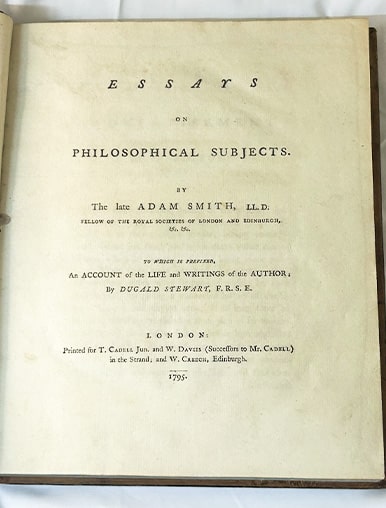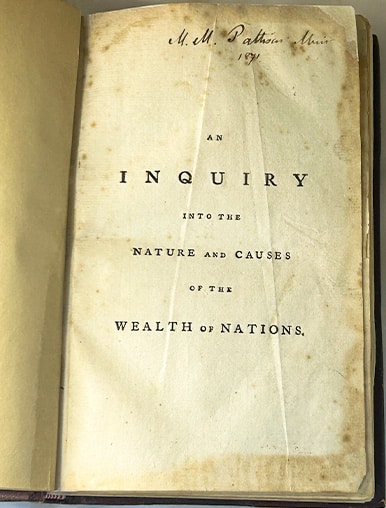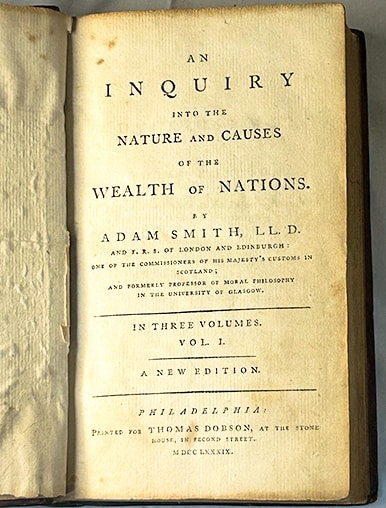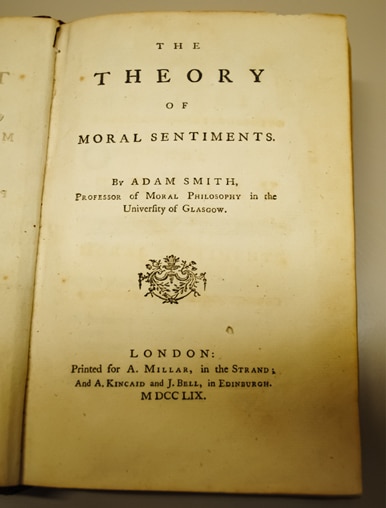REMNANT TRUST COLLECTION
Adam Smith
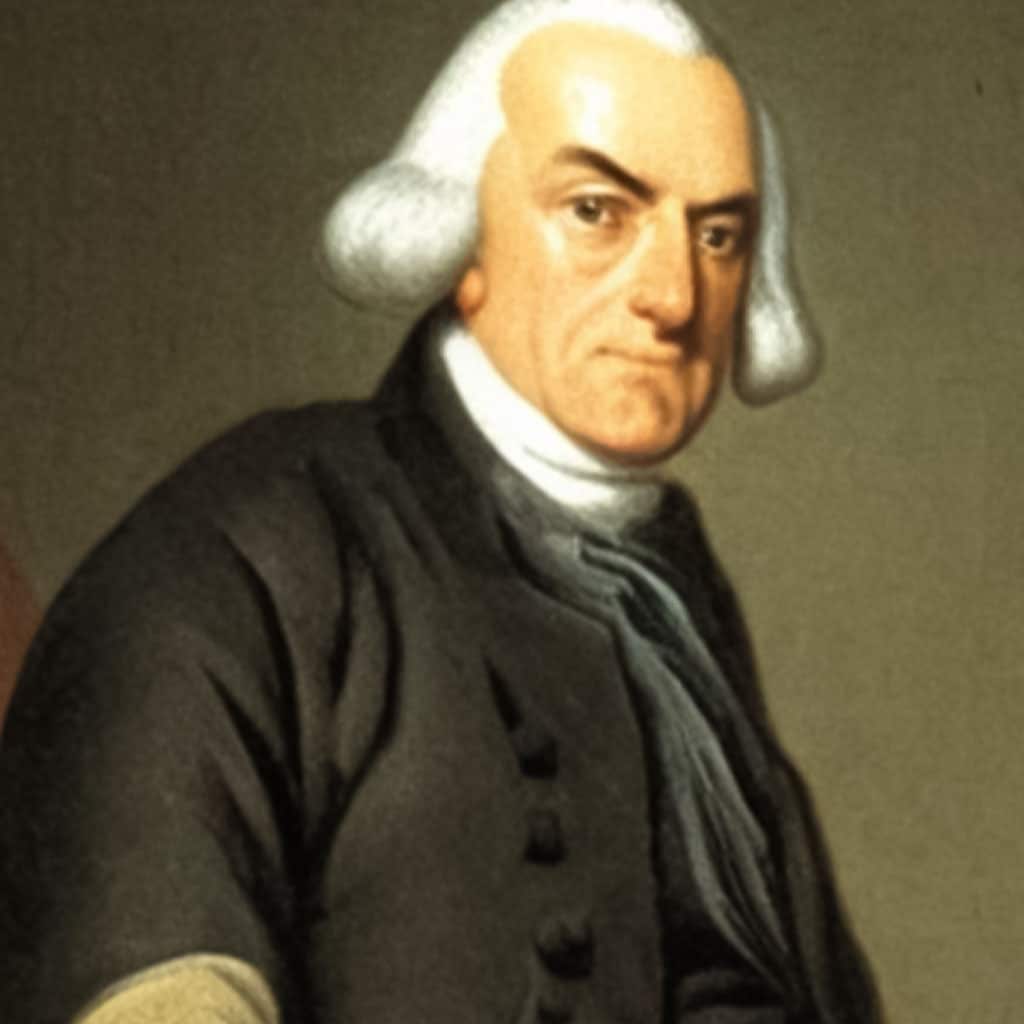
“Little else is requisite to carry a state to the highest degree of opulence from the lowest barbarism but peace, easy taxes, and a tolerable administration of justice: all the rest being brought about by the natural course of things.”
– Smith
b. 1723 CE – d. 1790 CE
In 1751 he was elected professor of logic at Glasgow, and in 1752 was transferred to the chair of moral philosophy, which had become vacant by the death of Thomas Craigie, the successor of Hutcheson. In 1759 appeared his Theory of Moral Sentiments, embodying the second portion of his university course, to which was added in the 2nd edition an appendix with the title, “Considerations concerning the first Formation of Languages.”
As a moral philosopher Smith cannot be said to have won much acceptance for his fundamental doctrine. This doctrine is that all our moral sentiments arise from sympathy, that is, from the principle of our nature “which leads us to enter into the situations of other men and to partake with them in the passions which those situations have a tendency to excite.”
The Wealth of Nations is the more famous of Smith’s works. As is often the case with “great” works, there is not much in it that was really “new” when it was published in 1776. Its success lay in its timeliness, in what was perceived as a sensible and simple explanation for complex phenomena, and its enthusiastic advocacy of a set of prescriptions for contemporary problems.

